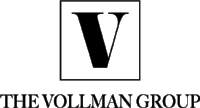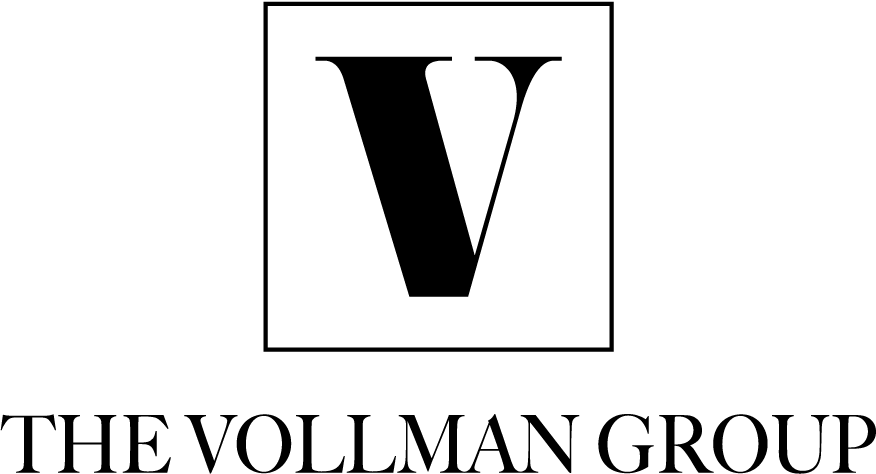This month we're speaking with Miki Reynolds, Executive Director of Grid110, a nonprofit organization aimed at supporting the growth of the startup ecosystem in Downtown Los Angeles. I met Miki in 2014 when General Assembly was expanding to Downtown LA and she came onboard as our General Manager. Read on to hear her advice on building a positive culture and knowing when to ask for help.
Tell us about Grid110. What were you doing prior to starting Grid110 and why did you start it?
Founded in 2015 as an economic and community development 501c3 organization aimed at supporting the growth of the startup ecosystem in Downtown Los Angeles, Grid110 began as a collective of 7 entrepreneurs who all shared a similar vision of Downtown LA as the next tech hub. Since the inception of the first program, we have now provided 50 early stage startups with access to free office space, mentoring and other critical resources through cohort based programs. We do not currently provide any funding, but companies also do not give up any equity or pay fees to participate in the program. Our focus is to help companies realize sustainable growth paths that allow them to scale their businesses (and teams) right here in Los Angeles.
Four years ago (January 2014), I found myself at a career crossroads: the software development company I had dedicated six years helping to build had just shut down and I was unemployed for the first time in my career. I was living in Downtown Los Angeles and desperately seeking a local community to connect with, in order to figure out what my next career opportunity was going to be. I struggled to find one that didn't require traveling across town. Two things came out of that search. The first was me reaching out to General Assembly to see if there was interest in expanding their offering outside of their current location (Santa Monica). A few months later (May 2014), I was brought on board to launch the Downtown LA campus. The second was finding a group of like-minded entrepreneurs with this shared vision of Downtown LA as the next tech hub and an interest in fostering the growth of the startup community to support that vision. That group (myself included) became the founding team and board of Grid110.
What were the biggest initial hurdles you faced while building Grid110 and how did you overcome them?
One of the early hurdles was trying to figure out what problem to solve. The founding team met monthly for about a year discussing various issues in Downtown LA from office space to infrastructure to policy to community development. We initially settled on space, given that there was an excess of 6 million square feet of empty commercial office space in Downtown, but there was a lack of more appropriate micro/shared space for early stage startup teams. Grid110 began thinking about how to help buildings activate empty space with programming geared towards startups. We launched our first cohort based program in 2015, but quickly realized that while access to more appropriate office space was a nice to have, the real value was in providing access to mentors, advisors and our networks.
Another hurdle we had to overcome was bandwidth and resources. In the beginning (and for the first two years), Grid110 was a volunteer driven side project. The founding team/board of directors all ran their own companies/other businesses full time, so we carved out unique responsibilities for each person to own as their contribution. Thanks to key partnerships and sponsorships, we were able to keep our overhead costs low. But after a while, funding and staff became increasingly more important to the future and scalability of the organization. We knew that Grid110 could never reach it's full potential without both. Thanks to our partnership with the Mayor's office, we were made aware of an economic development grant we were eligible for. After a grueling application process and months of waiting, we found out we were awarded the grant and could finally hire staff to lead the organization. At the same time, I was personally looking for a new opportunity and the board asked if I would be interested in taking on the opportunity to run Grid110 full time. The stars aligned for the right opportunity at the right time and I made the transition in May 2017.
What has been your biggest professional success?
I see my greatest professional success as the ability to create career opportunities for myself that have allowed me to continuously build upon everything from my background. I spent the first 10 years of my career building products for other people. The period of unemployment four years ago could have been seen as a setback, but I used it as the opportunity to start building the things that I felt needed to exist in the world. General Assembly DTLA and Grid110 were both incredible team efforts that I'm proud have had a hand in building.
What's the best advice you've ever received?
Figure out who's on your team. Who you surround yourself with is more critical than what you're building. I heed this advice both in my personal and professional life, as the two often blend together. Whenever I provide references for previous colleagues, I frame it around my willingness to want to work with them again and often think back to this blog post. I constantly strive to surround myself with a team who is smart, ambitious, kind and generous.
How do you create a positive work environment that effectively supports your team members?
I've been very fortunate to have worked with some amazing teams, where the environment and culture was often driven by the group. Culture is hard to architect, but everyone plays a role in shaping it. A few things I've found to be important to creating a positive work environment are:
- Flexible work hours and days
- Create space for acknowledgement, accountability, appreciation
- Encourage feedback (and more importantly, implementing changes when needed)
- Create areas of ownership
- Provide access to necessary tools, systems, data, resources and support
- Find moments to laugh and have fun
What do you know today that you wish you would have known before starting your first company?
Seek out mentors/advisors who have been in similar positions and don't be afraid to ask for help. I have a tendency to internalize a lot, which can be an unhealthy breeding ground for anxiety. What I have come to realize is that people who have traveled your path are often more than willing to share about their learning experiences and are a wealth of advice if you just ask. And on the more practical side, a 90 day plan is much more important than a 3-5 year plan when you're just getting started.
What inspires you to keep going?
The entrepreneurs we serve through our programming have become my why. Helping them through challenges and witnessing them achieve success (no matter how big or small) is incredibly fulfilling. Watching our community interact, grow and evolve is one of the highlights of what I do. What keeps me going is thinking about what we do and our potential impact at a much larger scale.
What three books do you recommend every entrepreneur read?
Delivering Happiness by Tony Hsieh
The Lean Startup by Eric Ries
Rework by Jason Fries & David Heinemeier Hansson


